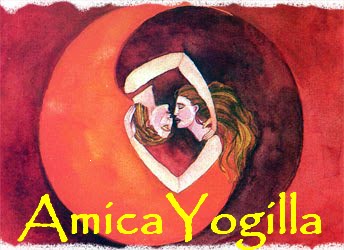Photo by Nan Goldin
What is the nature of seeking? It is wanting to feel good. Good feelings are pleasures. Becoming aware of how this mechanism works can help create a shift in consciousness that will make your relationship to pleasure more realistic as you become aware of the potential consequences on you, the environment and the world.
Desire can encompass diverse needs, from sensual or aesthetic experiences to more cerebral satisfactions. The feelings can be increased or diminished by thinking about them, but they quickly fade into memory. This is the reason why we seek more and greater pleasures. Desire is endless. And even if realised, the desire might not bring the expected enjoyment. We are pretty bad at predicting what will make us feel good.
But desire fosters change and prevents stasis. It is an essential drive of evolution. Dissatisfaction fuels pleasure seeking. So desire can bring the motivation for change and the pleasure of anticipation.
The problem with desire is not that you desire, but what you desire and how desire can be manipulated.
Although it is healthy to prefer pleasure to pain, the latter plays also an important role. Life is change, and one changes either by growing or by becoming more rigid. Real growth involves periods of confusion, discomfort, pain and even suffering before a new direction evolves.
In seeking, you seek the known: experiences we remember, have heard about or imagine as pleasurable. You can only seek the repetition of the old. However, there is the potential for sorrow in repeating familiar pleasures as in seeking the known and dwelling on a past feeling you remove yourself from the potential that the living moment holds for you, and you end up feeling inadequate as you are unable to engage with life in the moment, which is where joy, communion, love and creativity lie.
Beliefs bring you security and certainty. Every time I cling to beliefs that make me feel superior, I negate life as I cut myself off from any real connection that you and I might have.
Desire of be desire-less is but another desire. Letting go of unrealisable desires can make you feel better and can be useful to free yourself from old programming. The risk is removing yourself from the creative momentum of life.
It a constant conflict: if I try to get out of it, the trying itself puts me back in. So what to do? In the moment you become aware on how this whole process works, you could try to step out of the conditioned habits that pleasure and desire can generate and come into contact with their nature, without judgment... I have heard that when something reaches your awareness, it will never stay the same... Sooner or later change will happen... Slowly, gradually, imperceptibly, but it will...
The Passionate Mind: Expanding Personal and Social Awareness by Joel Kramer and Diana Alstad


No comments:
Post a Comment